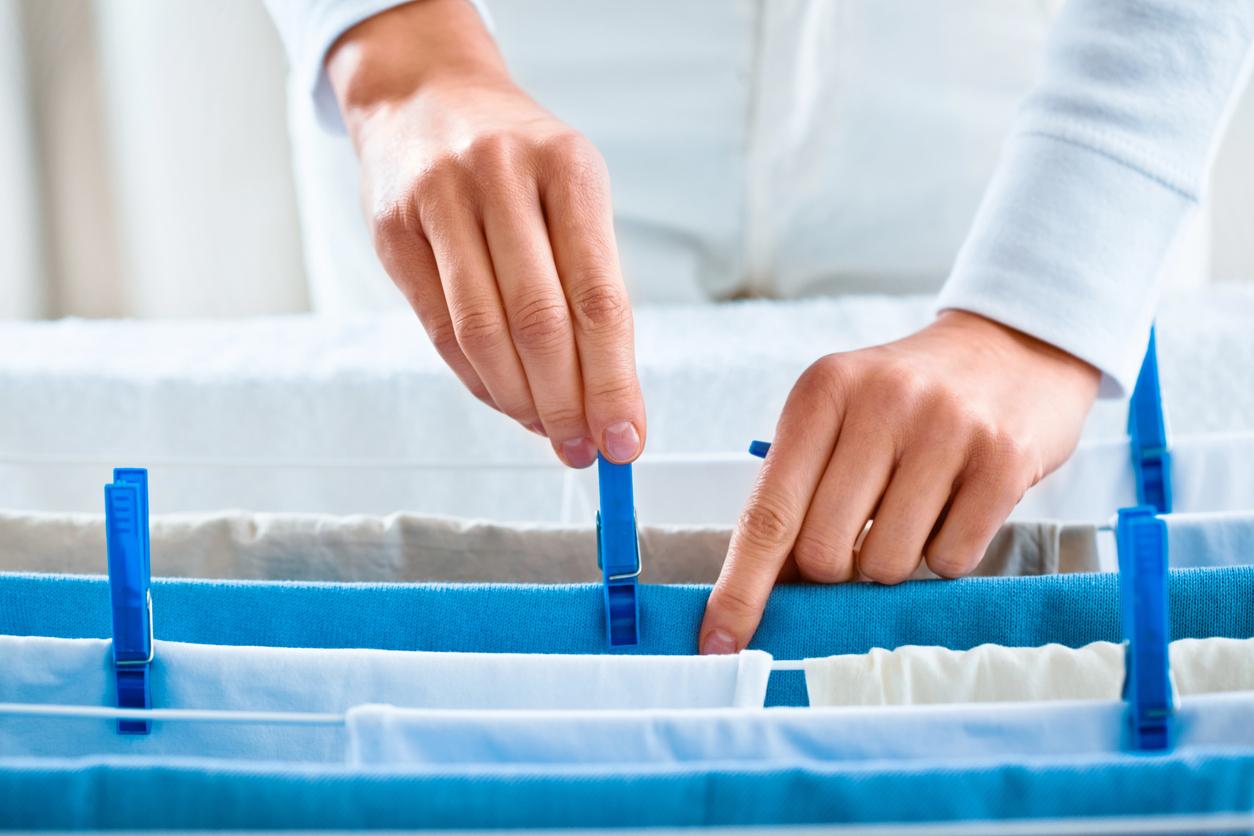Why drying your wet laundry inside could be damaging your health
There are solutions though

Your support helps us to tell the story
From reproductive rights to climate change to Big Tech, The Independent is on the ground when the story is developing. Whether it's investigating the financials of Elon Musk's pro-Trump PAC or producing our latest documentary, 'The A Word', which shines a light on the American women fighting for reproductive rights, we know how important it is to parse out the facts from the messaging.
At such a critical moment in US history, we need reporters on the ground. Your donation allows us to keep sending journalists to speak to both sides of the story.
The Independent is trusted by Americans across the entire political spectrum. And unlike many other quality news outlets, we choose not to lock Americans out of our reporting and analysis with paywalls. We believe quality journalism should be available to everyone, paid for by those who can afford it.
Your support makes all the difference.When you live in a city, space is at a premium. Those of us who don’t have gardens, patios or even balconettes are forced to grow flowers in window boxes, decamp to the park to sunbathe and turn our lounges into laundry rooms.
And even if you have outdoor space, in the UK it’s rare to have warm and dry enough weather for your clothes to dry out on the line.
But it turns out drying your clothes inside could pose more of a health risk than we may have thought.
The Asthma Society of Ireland have issued a warning about doing so:
“Moist environments encourage the growth of mould which can release ‘seeds’ called spores", Pheena Kenny, from the society, told RTÉ.
“The spores can cause allergic reactions in some people. Mould and fungal spores are often invisible to the naked eye.
“Normally, when people breathe in these spores, their immune system helps get rid of them by coughing or sneezing. If you aren’t sensitive to mould, you may never even experience a reaction.
“But for some people with asthma who are sensitive to mould spores, it can act as a trigger, causing asthma symptoms to get worse.”
Kenny explains that Aspergillus fumigatus spore can cause lung infections.
It’s not just asthma sufferers who are at risk though - the elderly, babies and children, eczema sufferers and those with weak immune systems should also heed the advice.
The worst months of the year are January and February, followed by August and September, according to Kenny.
So what can you do?
“Where possible dry washing outside, or in a tumble dryer in a well-ventilated indoor space away from bedrooms and living areas” Kenny says.
“Mould and mildew can grow in damp and humid places, such as bathrooms, kitchens and basements.”
His other tips include:
- Washing mould off hard surfaces using a mix of water, vinegar and soap
- Not storing clothes in damp cupboards or packing them too tightly in wardrobes
- Opening windows as often as you can to keep your home well-ventilated - especially after showers, cleaning, cooking and using the dishwasher.
It could make a huge difference to your health.
Join our commenting forum
Join thought-provoking conversations, follow other Independent readers and see their replies
0Comments